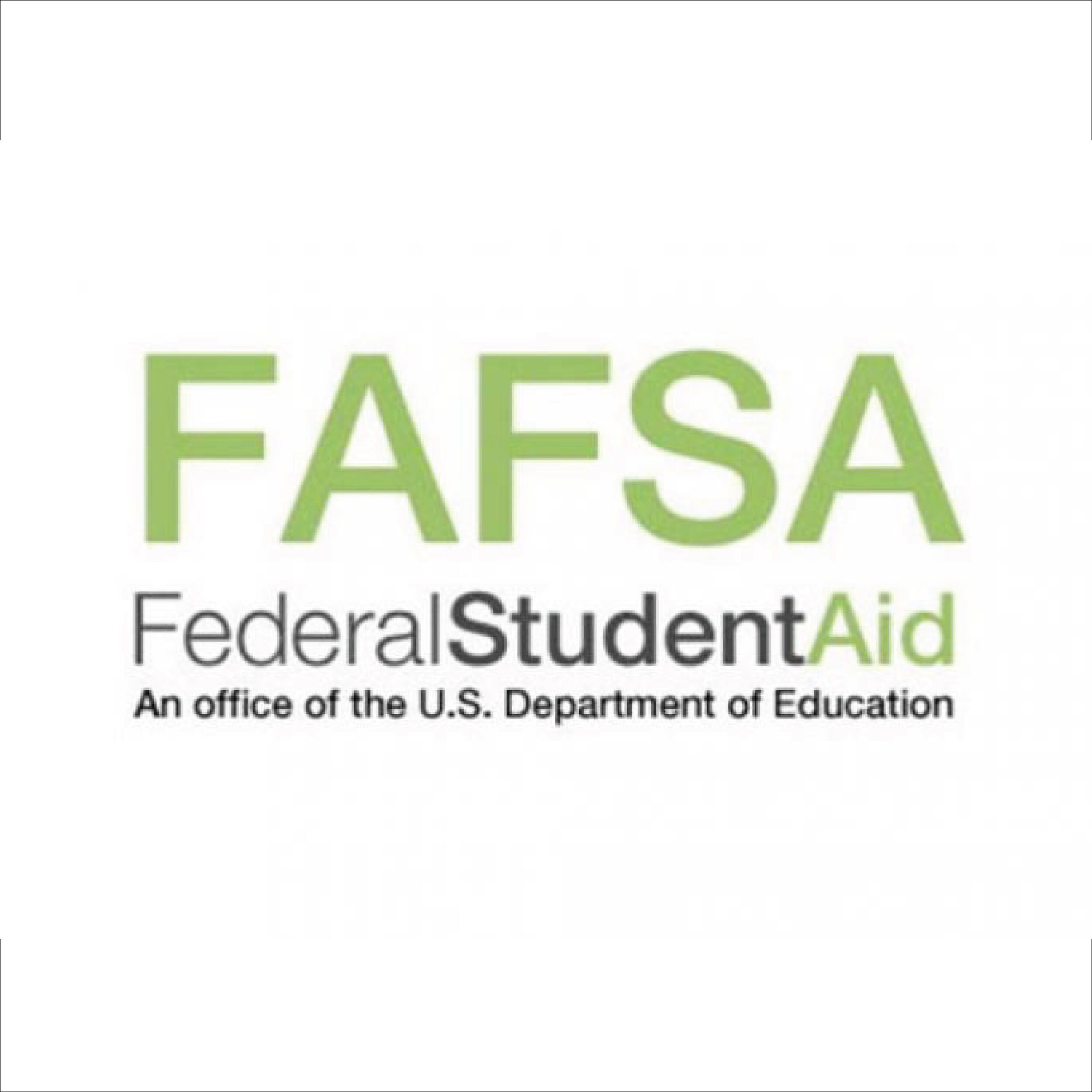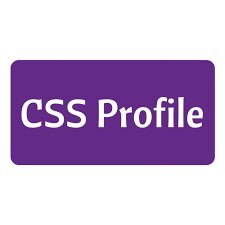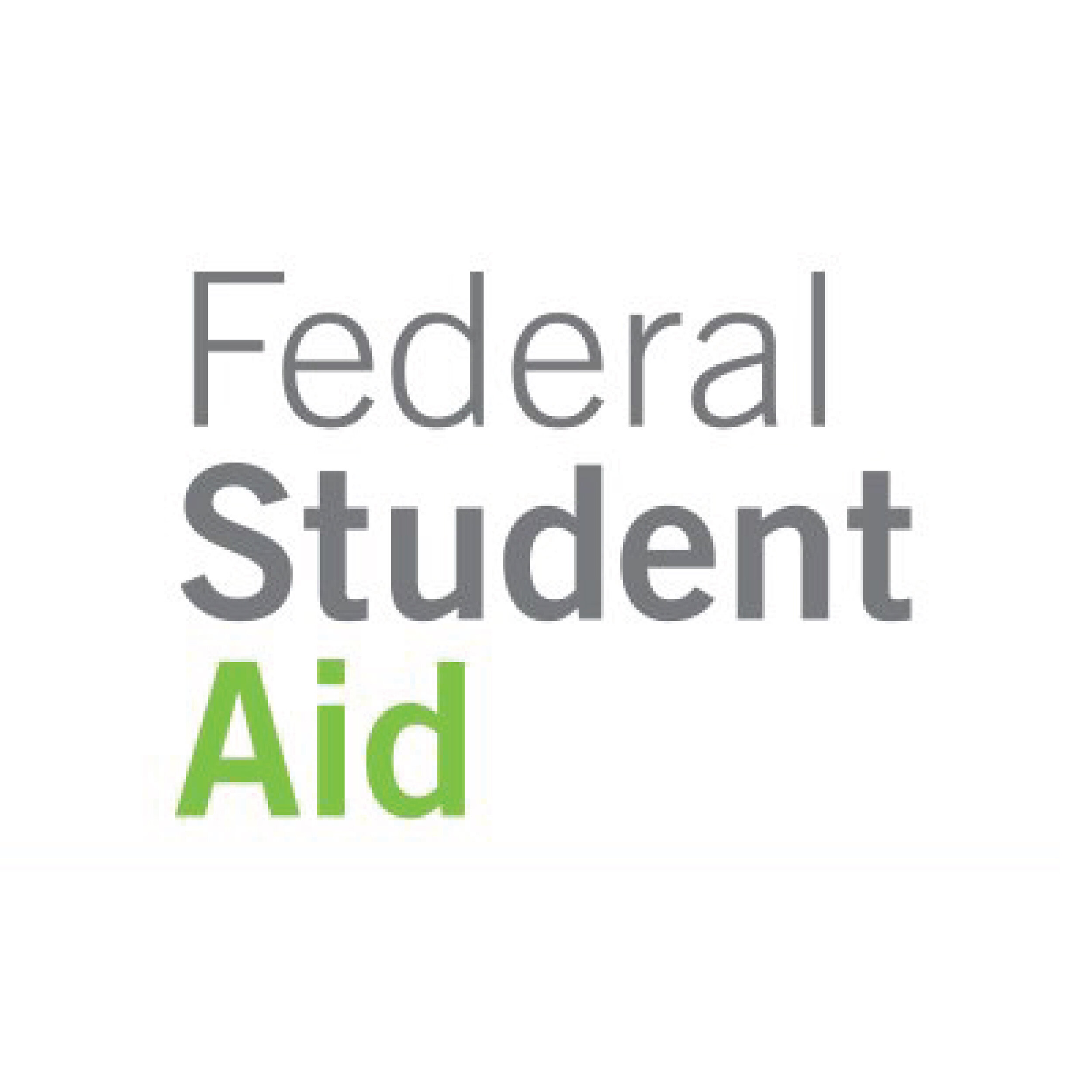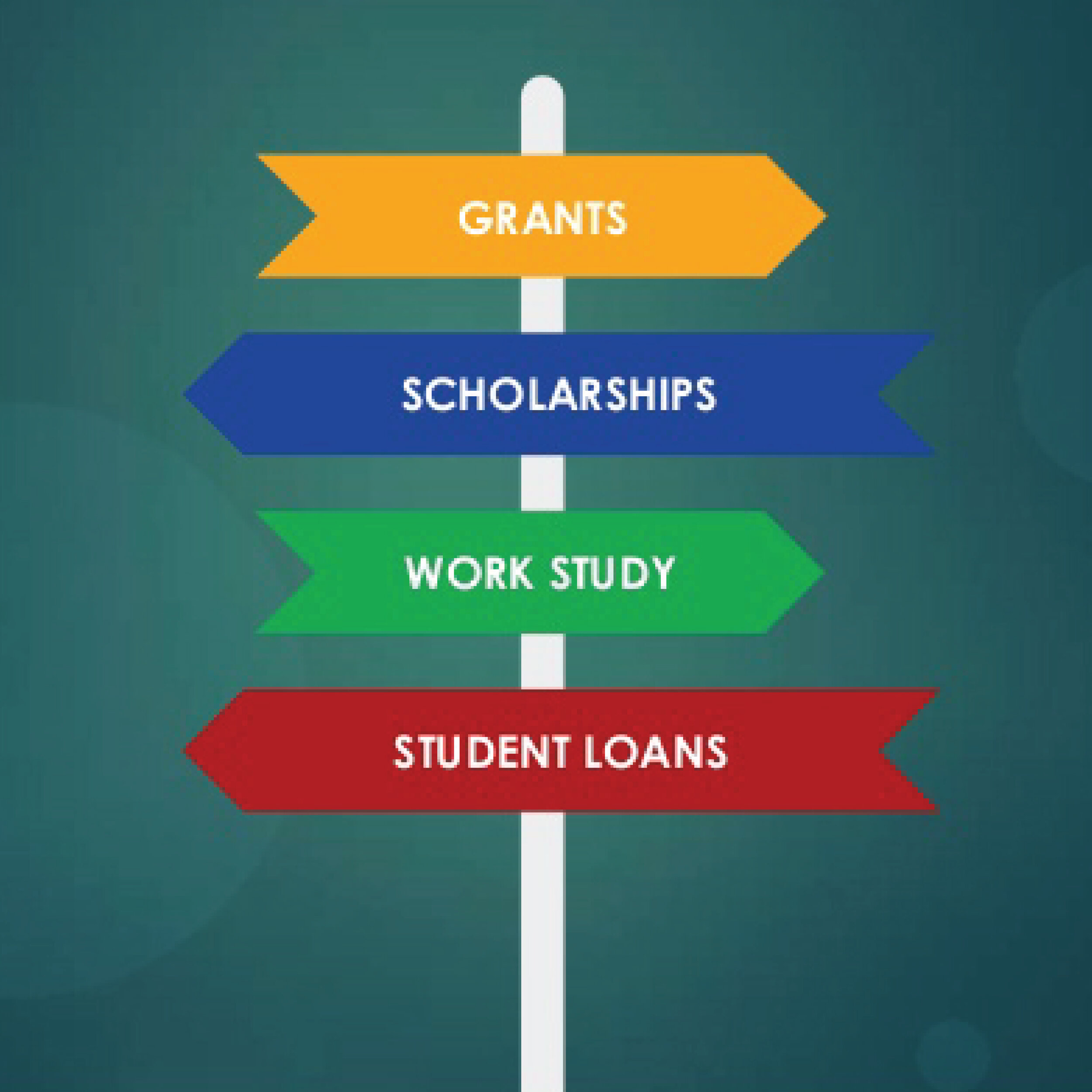Financial Aid, Scholarships, & Financial Literacy
What is financial aid?
Financial aid is funding available to students pursuing a college education. This includes grants, scholarships, loans, and work-study programs.
A grant is a form of financial aid that does not need to be paid back.
A scholarship is financial aid that does not need to be paid back, often offered by many nonprofit and private organizations.
A loan is borrowed money you must repay with interest. There are 2 types of federal student loans offered to undergraduate students. If you are awarded a Direct Subsidized Loan, your loan will not accrue interest while you are in college. If you are awarded a Direct Unsubsidized Loan, interest will accrue at all times. For more information, visit here.
The Federal Work-Study Program allows you to earn money to pay for school by working part-time at your school.
Look for universities that meet 100% of demonstrated financial need. This means that institutions will cover the difference between cost of attendance and expected family contribution. Cost of attendance is the total sticker price, which includes tuition, room and board, and other fees. Expected family contribution is the amount a family should be able to contribute, which is determined by the FAFSA. For a list of colleges that meet 100% of demonstrated financial need, visit this website.
What is the FAFSA?
The FAFSA, or Free Application for Federal Student Aid, is a form you need to fill out if you would like to qualify and possibly receive federal financial aid, which includes grants, scholarships, loans, and work-study programs. All colleges require this form if you would like to apply for financial aid. You will need to renew your FAFSA annually.
To fill out the FAFSA, you will need the following:
Your Social Security number (it’s important that you enter it correctly on the FAFSA form!)
Your parents’ Social Security numbers if you are a dependent student
Your driver’s license number if you have one
Your Alien Registration number if you are not a U.S. citizen
Federal tax information or tax returns including IRS W-2 information, for you (and your spouse, if you are married), and for your parents if you are a dependent student:
IRS 1040
Foreign tax return, IRS 1040NR, or IRS 1040NR-EZ
Tax return for Puerto Rico, Guam, American Samoa, the U.S. Virgin Islands, the Marshall Islands, the Federated States of Micronesia, or Palau
Records of your untaxed income, such as child support received, interest income, and veterans noneducation benefits, for you, and for your parents if you are a dependent student
Information on cash; savings and checking account balances; investments, including stocks and bonds and real estate (but not including the home in which you live); and business and farm assets for you, and for your parents if you are a dependent student.
What is the CSS Profile?
The CSS Profile is an online application for non-federal student financial aid. Over 200 undergraduate and graduate institutions require the CSS Profile. To view a list of participating schools, click here. This application provides a more thorough picture of your family finances than the FAFSA allows. It gives you a chance to explain special circumstances that your family may be experiencing. The CSS Profile is not free, but fee waivers are available for low-income students. For more information on the CSS Profile, visit their website here.
To fill out the CSS Profile, you will need the following:
Most recently completed tax returns.
W-2 forms and other records of current year income.
Records of untaxed income and benefits for the current and previous tax years.
Current bank statements.
Records of savings, stocks, bonds, trusts etc.
Net price calculator
The net price calculator is a tool used to estimate the cost of attendance by inputting your financial information. Most colleges offer this tool on their websites. You can also use CollegeBoard’s net price calculator for hundreds of universities.
Scholarships
Research and apply for scholarships early! There are thousands of scholarships available, including state to national scholarships. Scholarships are better than loans because you do not need to pay scholarships back, so everyone should apply. It’s free money! Application opening and deadlines dates stagger, so be sure to continue to look throughout the year, especially from August to January.
Use the U.S. Department of Labor’s free scholarship search tool here.
Use College Board’s free scholarship matching tool here.
To find a list of several Hawai‘i scholarships, click here.
To search more scholarships, visit this website.
Financial Literacy
Financial Literacy is the “capacity, based on knowledge, skills and access, to manage financial resources effectively. To develop this capacity, individuals must have appropriate access to and understanding of financial products, services, and concepts” (Hawaii DOE). Click hereto learn more about the importance of financial literacy for high school students.










